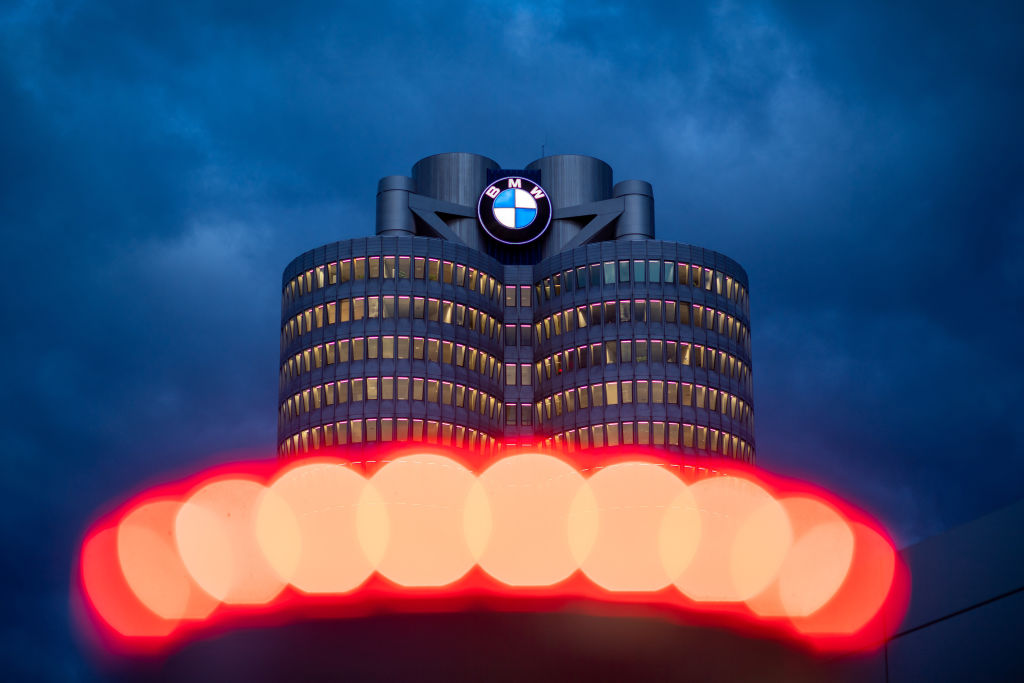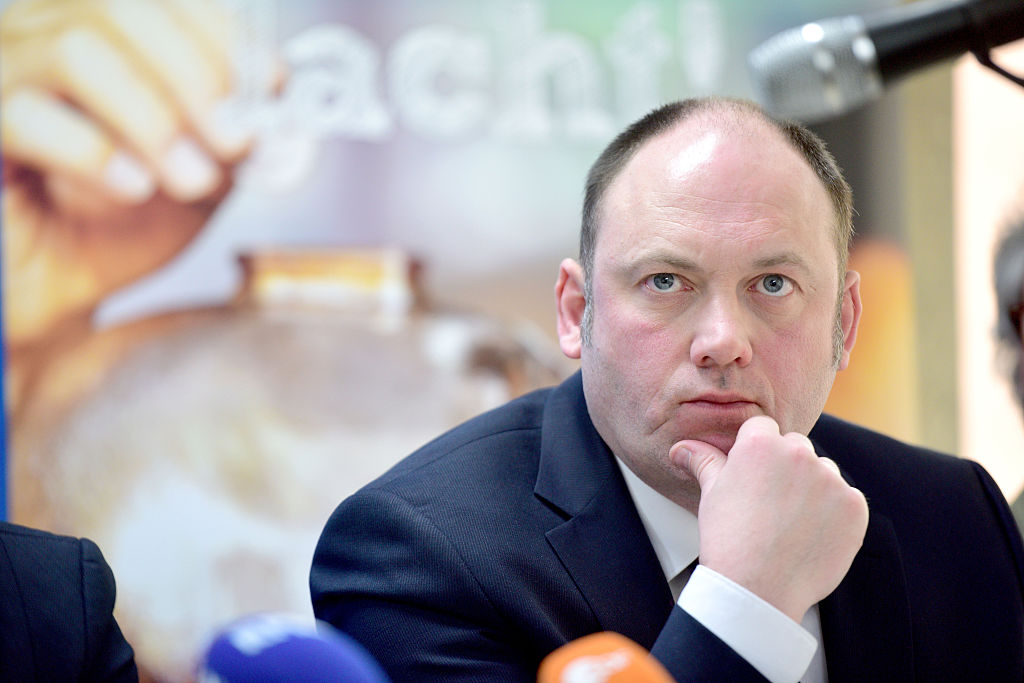Oliver Zipse, CEO of German carmaker BMW, has spoken out harshly against the planned total ban for internal combustion engines (ICE) in new cars in the European Union planned for 2035.
According to German newspaper Bild, in a speech to Conservative Bavarian MPs at the Banz monastery in Northern Bavaria yesterday, Zipse said: “Focusing on a single technology that also creates significant dependencies, with only electric mobility by 2035, is a major strategic mistake.”
He added: “You can’t force customers to buy something. The customer can say, ‘I’m not buying anything. I’ll keep driving my old vehicle.’”
This, the BMW CEO continued, would reduce innovativeness and also the envisaged CO2 reduction.
Zipse urged European policymakers to remain open to all technologies, citing BMW as an example: “Over the last 10 years, we have consistently undercut our CO2 targets. So, openness to technology works.”
He did not, though, want his criticism to be understood as a wish for a shift away from the EU’s self-described fight against climate change. He said he demanded an end to the combustion engine ban in the interest of CO2 efficiency but not “to preserve existing business models”.
In his speech, Zipse also urged the EU to do everything to bring down electricity prices, calling high energy costs “the very, very most important issue”.
A speaker for BMW confirmed to Brussels Signal that Zipse had been quoted correctly by Bild, but did not answer follow-up questions.
His remarks come after increasing criticism of the EU’s planned combustion engine ban from other leaders of European carmakers.
In August 2025, Mercedes CEO Ola Kaellenius had demanded a “reality check” from EU policymakers, adding: “Otherwise we are heading at full speed against the wall.”
Just like Zipse, though, Kaellenius did not put the EU’s decarbonisation targets themselves into question, saying: “Of course we must decarbonise, but it needs to be done in a technology-neutral way. We must not lose sight of our economy.”
Even Oliver Blume, CEO of party state-owned German carmaker VW, told journalists at the Munich auto show earlier in September: “It is unrealistic to expect to have 100 per cent electric vehicles by 2035. … I am strongly advocating for reality checks.”
Officially, the EU is still devoted to a complete ban of internal combustion engines for new cars sold beginning in 2035.
In the face of mounting criticism, though, some officials are shifting views. On September 12, Manfred Weber MEP, chairman of the European People’s Party (EPP), said his party would make a proposal to cancel the ban in autumn of 2025.
The planned ban has few supporters among the EU’s population. According to a recent poll by YouGov 44 per cent of Germans want an end to the ban and 19 per cent are in favour of postponing the deadline, with only 24 per cent coming out in favour of the ban.





